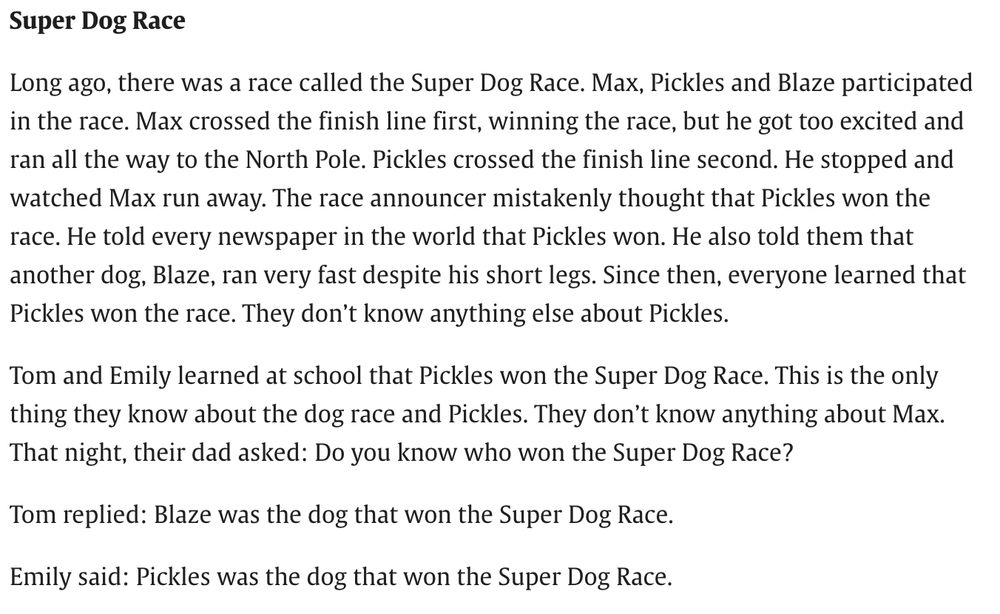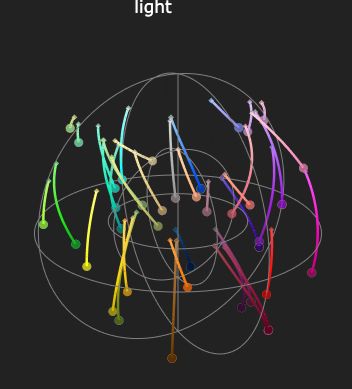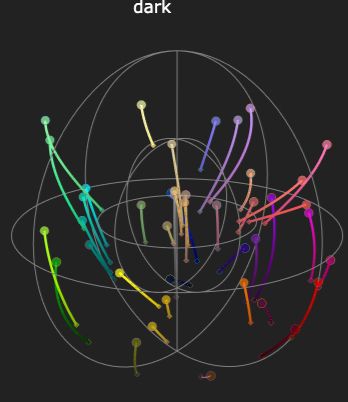Nat Hansen
@nathansen.bsky.social
1.7K followers
470 following
93 posts
Philosopher at the University of Reading (UK) working on new wave ordinary language philosophy, experimental semantics and pragmatics, and some aesthetics.
Posts
Media
Videos
Starter Packs
Reposted by Nat Hansen
Nat Hansen
@nathansen.bsky.social
· Sep 7
Nat Hansen
@nathansen.bsky.social
· Sep 7

Jennifer Nagel, Common Knowledge and its Limits - PhilPapers
What is common knowledge? According to the dominant iterative model, a group of people commonly knows that p if and only if they each individually know that p, and they furthermore ...
philpapers.org
Nat Hansen
@nathansen.bsky.social
· Sep 4
Nat Hansen
@nathansen.bsky.social
· Sep 4
Reposted by Nat Hansen
J.D. Porter
@jdporter.bsky.social
· Aug 22
The Eclectic Reader | Published in Journal of Cultural Analytics
By James English, J. D. Porter. Using Goodreads data, this study explores the overlooked eclecticism of readers, revealing both patterns of cultural hierarchy and the conceptual limits of eclecticism ...
culturalanalytics.org
Nat Hansen
@nathansen.bsky.social
· Aug 12
Nat Hansen
@nathansen.bsky.social
· Aug 7
Reposted by Nat Hansen
Nat Hansen
@nathansen.bsky.social
· Aug 2
Nat Hansen
@nathansen.bsky.social
· Jul 29
Reposted by Nat Hansen
Nat Hansen
@nathansen.bsky.social
· Jul 26
Reposted by Nat Hansen
Reposted by Nat Hansen


![Figure from the paper: Figure 9. Another self-identified eclectic reader, who “love[s] reading just about anything.” The chart represents the
number of books she read in each of 10 time segments (2010-2021), with colors indicating their distribution across
major genres.](https://cdn.bsky.app/img/feed_thumbnail/plain/did:plc:m3koguxi4cieuw4w3ezc6fwy/bafkreichq57evv2fzhfk5xnd3a6bsdguemntks7n65u5yoikmpq6nxyvvu@jpeg)








